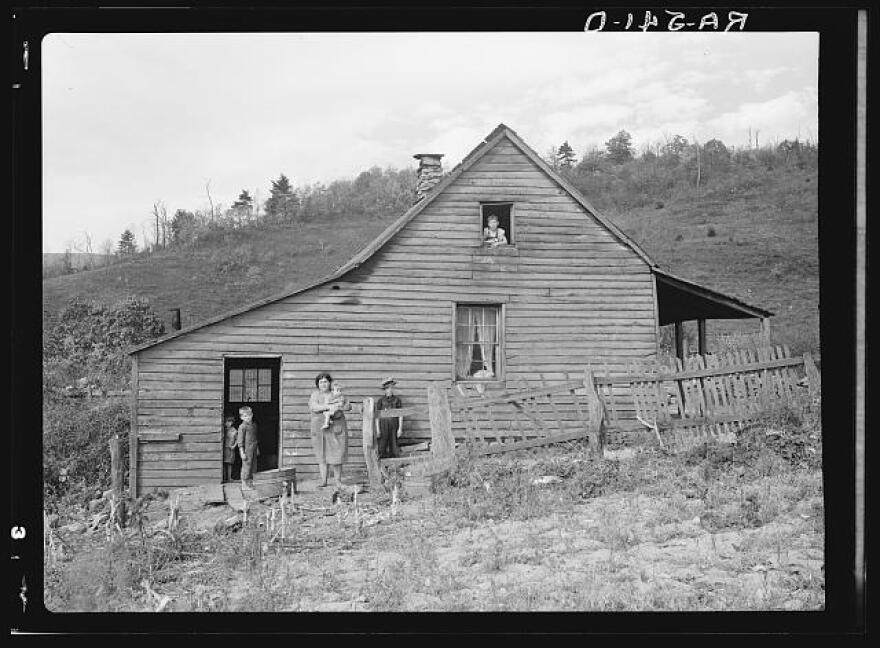When Shenandoah National Park was built, hundreds of families were forced off their land. Margaret Marangione (Blue Ridge Community College) says new information has emerged suggesting that some of those displaced people were sent to state colonies and sterilized. Plus: Veterans of the Revolutionary War collected the nation’s first pensions for wounded soldiers. But Benjamin Irvin (Virginia Foundation for the Humanities) says claiming a pension was difficult and threatened the pride of many veterans. And: Aging baby boomers are beginning to influence the funeral industry. Rhonda Pleasants (John Tyler Community College) says more are now opting for “green” burials and there is a trend toward more personalized funerals that reflect the hobbies and passions of the person who died.
Later in the show: Too many young people imagine old age as a time when we become no longer useful or interested in the world around us. But Terry Lee (Christopher Newport University) has been challenging these kinds of ageist stereotypes. He’s spent hours behind a camera, documenting the lives of elders and their caregivers. And he says older people have an important job to do. Also featured: As we age, we all experience changes in our brains that make our memories less sharp than they used to be. But some older people actually have a condition called Mild Cognitive Impairment, or MCI, which is different from Alzheimer’s and other dementias. Rosemary Blieszner (Virginia Tech) was instrumental in a study that looked at how patients and their family members cope with MCI.


